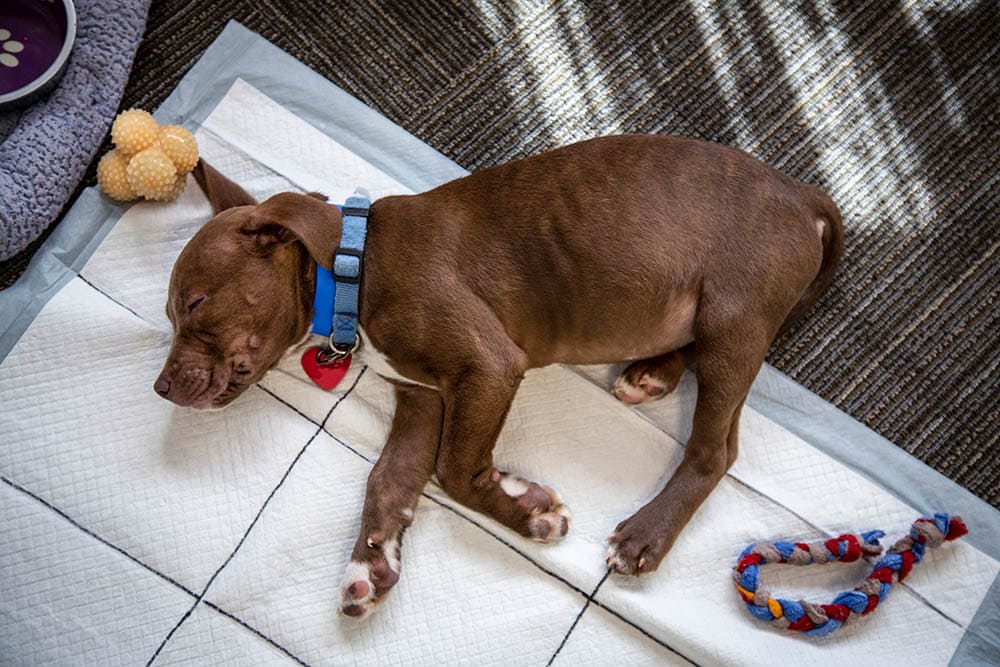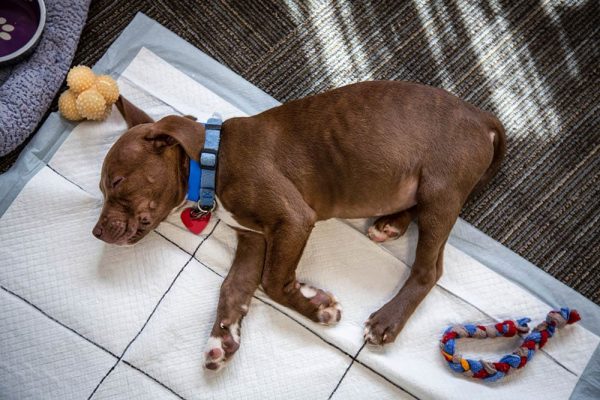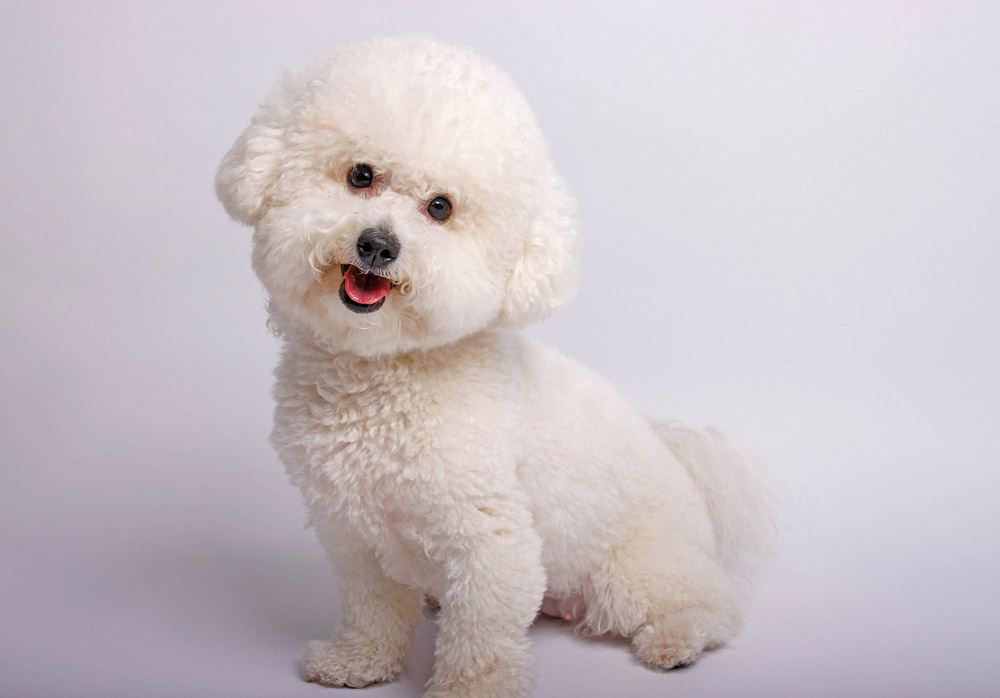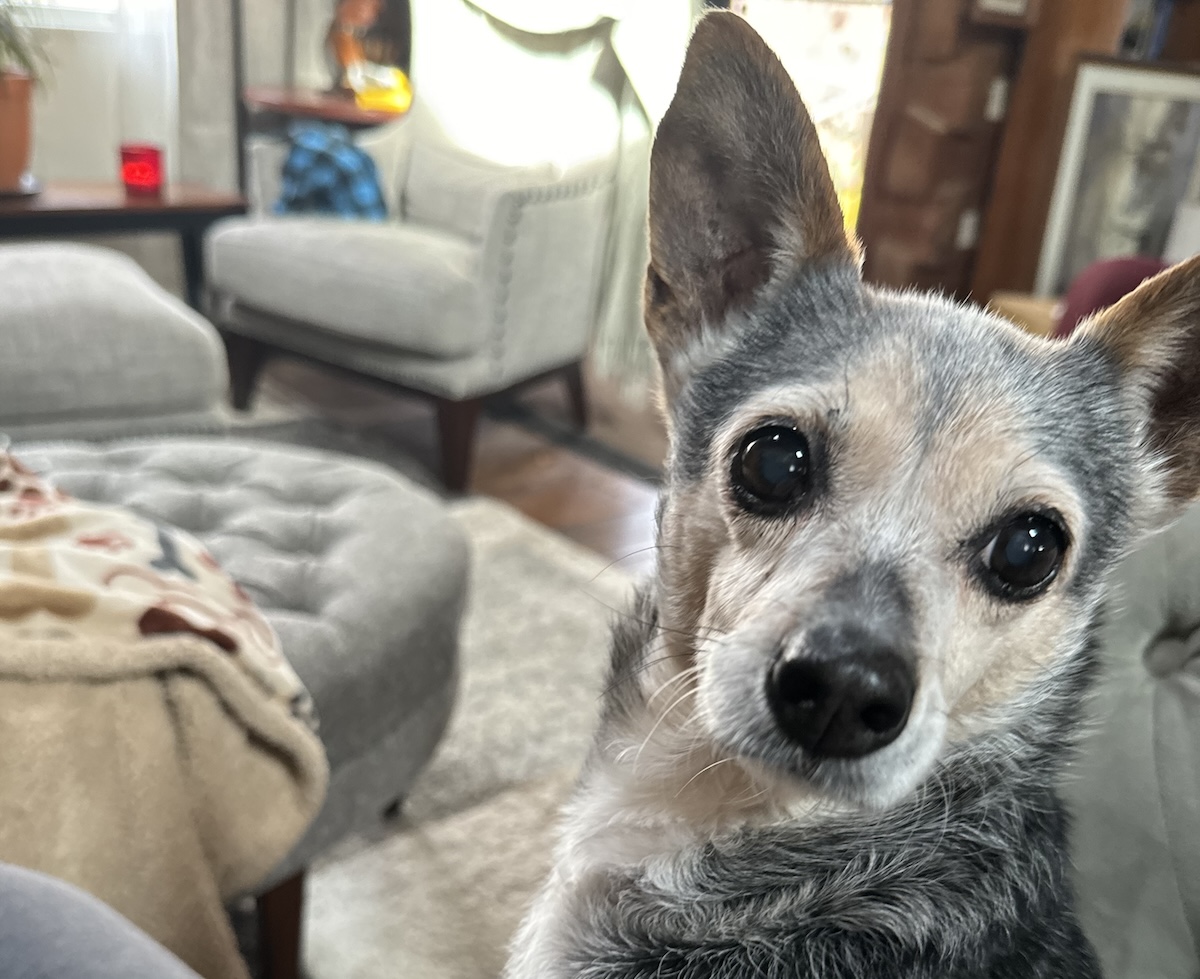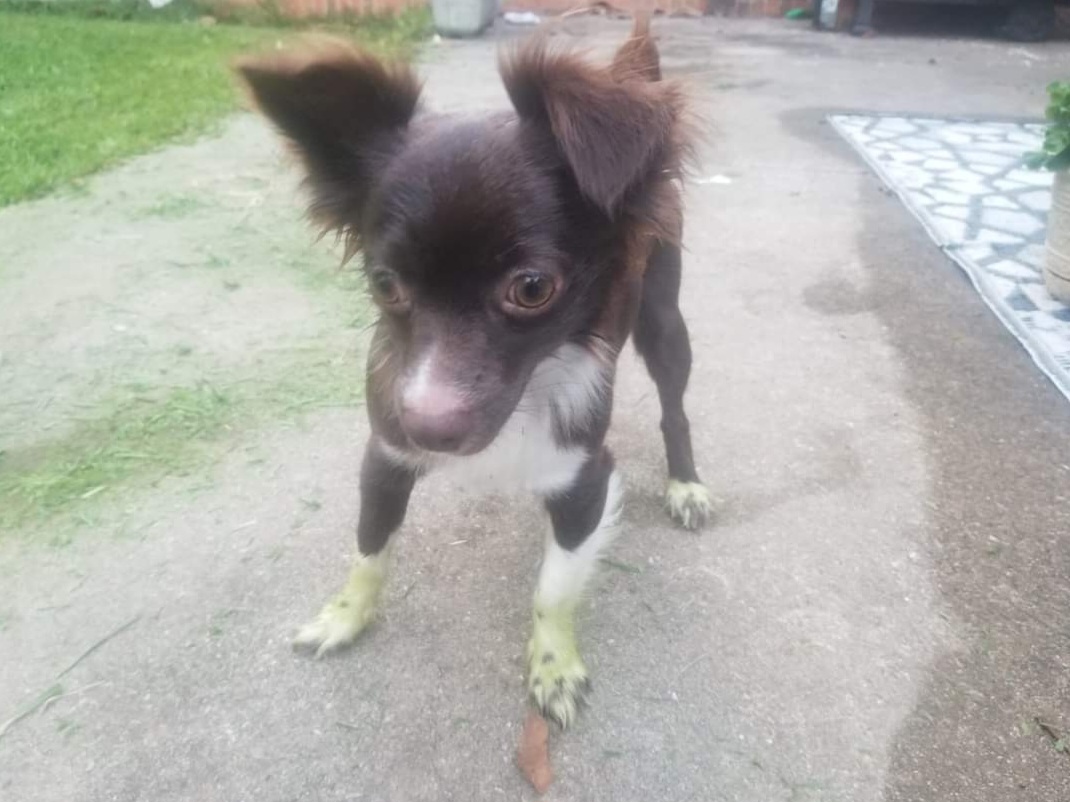Caring for puppies is a full-time job. They demand a lot of attention and require infinite amounts of patience. Puppies need to go outside often to use the bathroom; otherwise, they might have accidents in your home. If you notice their bed or cage is wet in the morning, you might be wondering if it’s normal for them to pee while asleep. Frequent bed-wetting is not normal. This is especially true if your puppy has already been house-trained. It can be a sign of a more serious issue. The occasional bed-wetting incident might occur as your puppy grows and develops.
Keep reading to learn everything you need to know about sleep peeing, how to know if it’s normal or not, and what causes it to happen in the first place.
Is It Normal for Puppies to Pee in Their Sleep?
Puppies’ bathroom habits are similar to that of a newborn baby. They both use the bathroom a lot and don’t have complete control over their bladders yet. Your puppy will need to be taken outside to go pee every few hours, and, yes, that includes throughout the night, too.
Puppies don’t usually have full bladder control until they are between 4 and 6 months old. If you try putting your pup in their crate overnight without offering a potty break, you might find they are peeing in their crate as they cannot hold it until morning.
It is completely normal for very young puppies to pee in their sleep while they’re housetraining, and their bladders are still developing. It is not normal, however, for your puppy to start sleep peeing once they’ve already been housetrained or once they reach 6 months of age or so.
What Causes Peeing During Sleep?
It is very important not to ignore if your previously house-trained pup has started peeing in their sleep. If it happens once or twice, you could chalk it up to an accident. We always recommend erring on the side of caution, though. If your puppy starts exhibiting any unusual behaviors, it’s best to check with your veterinarian.
Several issues could be causing this unusual behavior in your dog.
Recent Spaying/Neutering
If you have recently had your puppy spayed or neutered, they may be more prone to having accidents. This is due in part to the rapidly changing hormone levels that occur after the procedure. Hormonal changes can cause their urethral sphincter to relax and release urine spontaneously. This happens most often when your pup is at rest (sleeping) due to their muscles being relaxed.
You should notice this inappropriate urination subsiding within 2 weeks of their spay or neuter procedure.
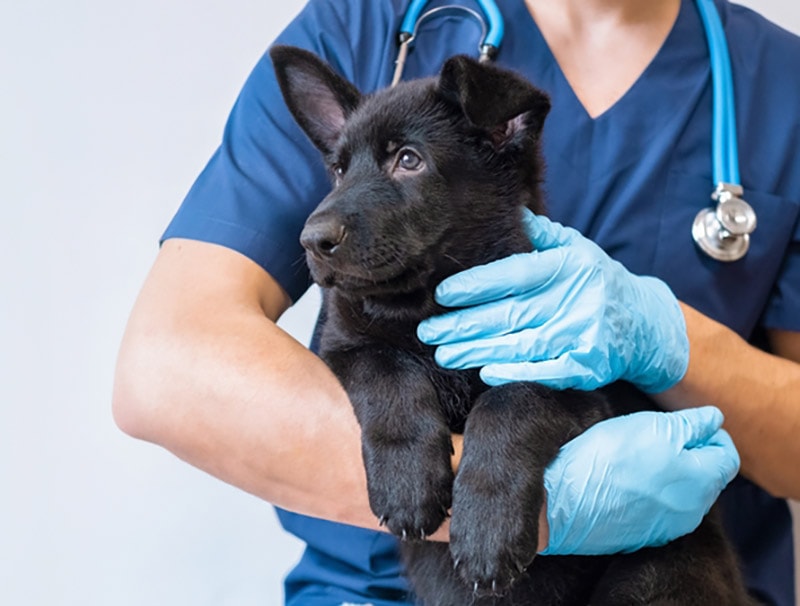
Urinary Tract Infections
Dogs can get UTIs regardless of their age or sex. PetMD says that female dogs are more likely to develop UTIs than male dogs, however. UTIs are very common in puppies and can develop if they have to hold their urine for too long and it begins breeding bacteria in their bladder. UTIs can cause incontinence in puppies when the infection causes inflammation in your pup’s urethra and surrounding urinary structures.
- Increased thirst
- Dark, cloudy, or stinky urine
- Licking in the genital area
- Only small amounts of urine are passed
- Pain while urinating
- Blood or pus in the urine
- Appearing unwell
If you believe a UTI is the reason your pup is peeing in their sleep, you need to get them to the vet as soon as possible.
Spinal Cord Disease
Puppies that have diseases in their spinal cord, such as Intervertebral Disc Disease (IVDD), may experience incontinence during sleep.
Spinal issues can make it difficult for your puppy to control their urine flow and reduce sensation, so they aren’t even aware that they need to urinate.
A visit to the vet is in order if you suspect any spinal problems in your puppy.
Ectopic Ureter
An ectopic ureter is a condition puppies and kittens can be born with. This abnormality affects the tissue (ureter) that connects the kidney to the bladder and happens when the ureter doesn’t enter the bladder in the anatomical position it should. It can affect just one or both ureters. Ectopic ureters are 20 times more likely to be diagnosed in female dogs and are most common in certain breeds like Golden Retrievers.
- Frequent urination
- Blood in the urine
- Genital licking
- Repeat UTIs
Your vet can diagnose an ectopic ureter via imaging and ultrasounds. More advanced diagnostics such as an intravenous pyelogram, CT scans, and cystoscopies may need to be performed by a specialist.
Kidney Disease
Acute kidney failure causes a sudden decline in your puppy’s kidney function. This happens most often when they ingest certain toxins like pain medication or antifreeze, though severe kidney infections can sometimes occur on their own. The most common sign of kidney disease is increased thirst which leads to an increase in urination and incontinence.
You don’t see kidney disease a lot in puppies, but it can happen.
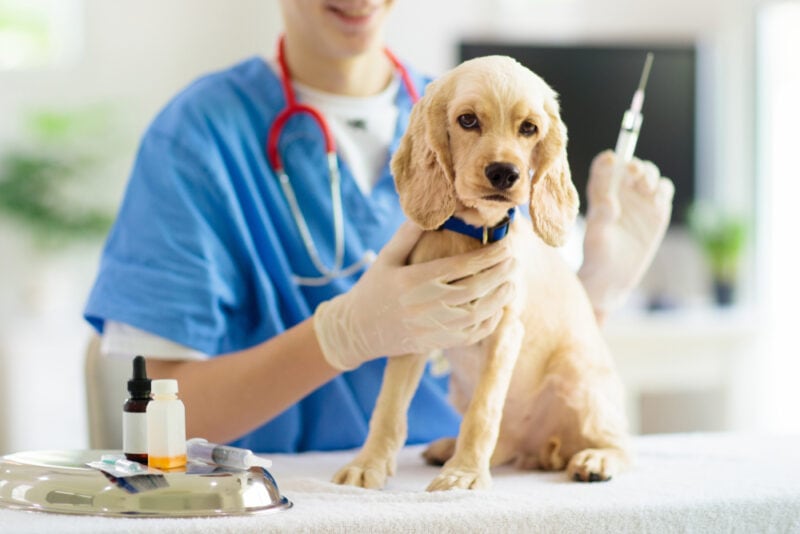
Diabetes
Like kidney disease, diabetes can cause inappropriate urination due to excessive thirst. When puppies are drinking a lot, inappropriate urination, including peeing in their sleep, can occur.
When your puppy’s pancreas does not produce insulin, they can develop Type I diabetes. Type II diabetes occurs when your pup is not able to process the insulin that their body is producing.
- Changes in appetite
- Weight loss
- Excessive thirst
- Lethargy
- Dehydration
- UTIs
- Increased urination
If you suspect your puppy has diabetes, a full check-up at the vet is in order. Diabetes cannot be cured, but it can be treated with specialized diets and insulin injections.
Dreams
Many dog owners witness their pets twitching and barking in their sleep, and sometimes dogs can dream so vividly that they start whimpering or growling. It is possible that they can even void their bladder and bowels when they are dreaming.
If you notice your dog having dreams, record a video to show their vet. Be careful about waking them up. A dog woken up from sleep abruptly may show aggression towards you before even realizing they’re no longer dreaming and the perceived threat wasn’t real.
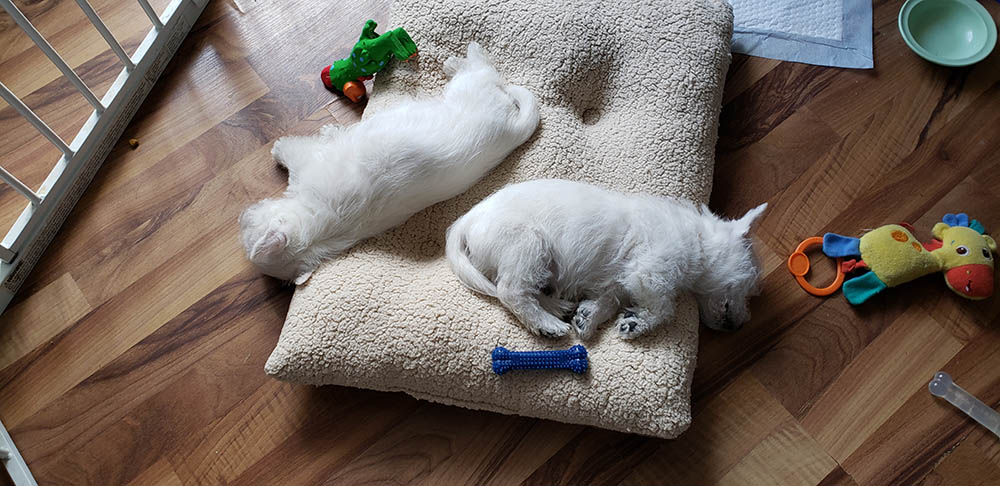
What Should I Do If My Puppy Is Peeing in Their Sleep?
If this is the first time your puppy has “sleep peed”, keep an eye on it. They may be peeing simply because their bladder is not yet fully developed.
If you notice they are starting to pee in their sleep often, it’s time to visit the vet. You should also make an appointment with your vet if your puppy is housetrained already and starts to sleep pee.
There are some things you can try while you wait for your puppy to be seen by the vet. Management solutions can help reduce urine messes and make them easier to clean up when they do happen.
A waterproof dog bed is great because it won’t absorb the urine. You might even consider buying a bed made specifically for dogs with incontinence.
Puppy diapers can help keep their beds dry when they have an accident. You will need to be diligent about checking their diaper, however. If your puppy sits in a wet mess, their skin can become irritated and bacterial infections can develop.
Dog belly bands are designed for male puppies. They wrap around their waist and cover the penis, protecting them from accidents.
Beds, diapers, and belly bands help keep your pup’s surroundings dry, but they’re not a permanent solution to their sleep peeing. You will need to have them evaluated if their accidents continue to occur.
No matter how hard you try, pets will always leave you cleaning up smells, stains, vomit, hair, and everything in between. With the Hepper Advanced Bio-Enzyme Pet Stain & Odor Eliminator Spray, you can advance your clean-up routine!
- ADVANCED ENZYMATIC CLEANER - Penetrates the most stubborn smells and stains at the deepest molecular...
- FOR ANY MESS, ON ANY SURFACE - This pet odor eliminator cleans your carpets, floors, furniture,...
- FRESH, NATURAL ODOR - Our unique formulation doesn't rely on dangerous or unpleasant chemical...
It permanently removes the very worst pet stains and smells (and truly makes clean-up a breeze). Click here to learn more, order a bottle, and freshen up your home today.
At Dogster, we’ve admired Hepper for many years, and decided to take a controlling ownership interest so that we could benefit from the outstanding products of this cool pet company!
Summary
Puppies peeing in their sleep isn’t an immediate cause for concern, especially if they’re still quite young and not fully developed yet. If the problem persists, however, it could be a sign that there’s an underlying issue causing this behavior. We are big proponents of asking your veterinarian if you’re ever in doubt about any of your pet’s behaviors. A quick visit to the vet can provide you with guidance and peace of mind.
See Also:
- Why Does My Dog Pee So Much on Walks? Dog Behavior Explained
- Why Does My Puppy Pee in the Crate, & How Can I Stop It?
- 10 Signs That Your Dog Is Sick
Featured Image Credit: Jacquie Klose, Shutterstock

